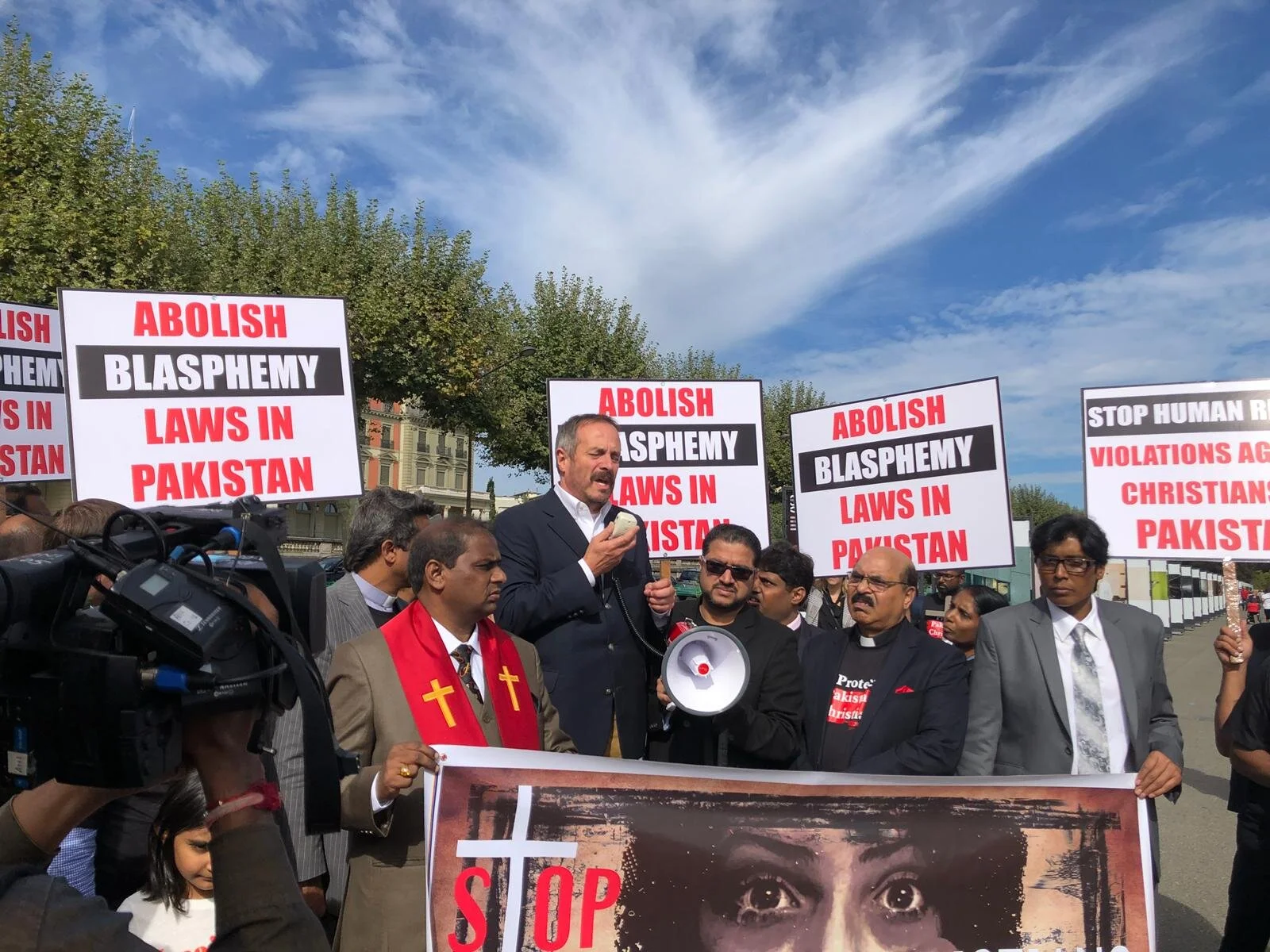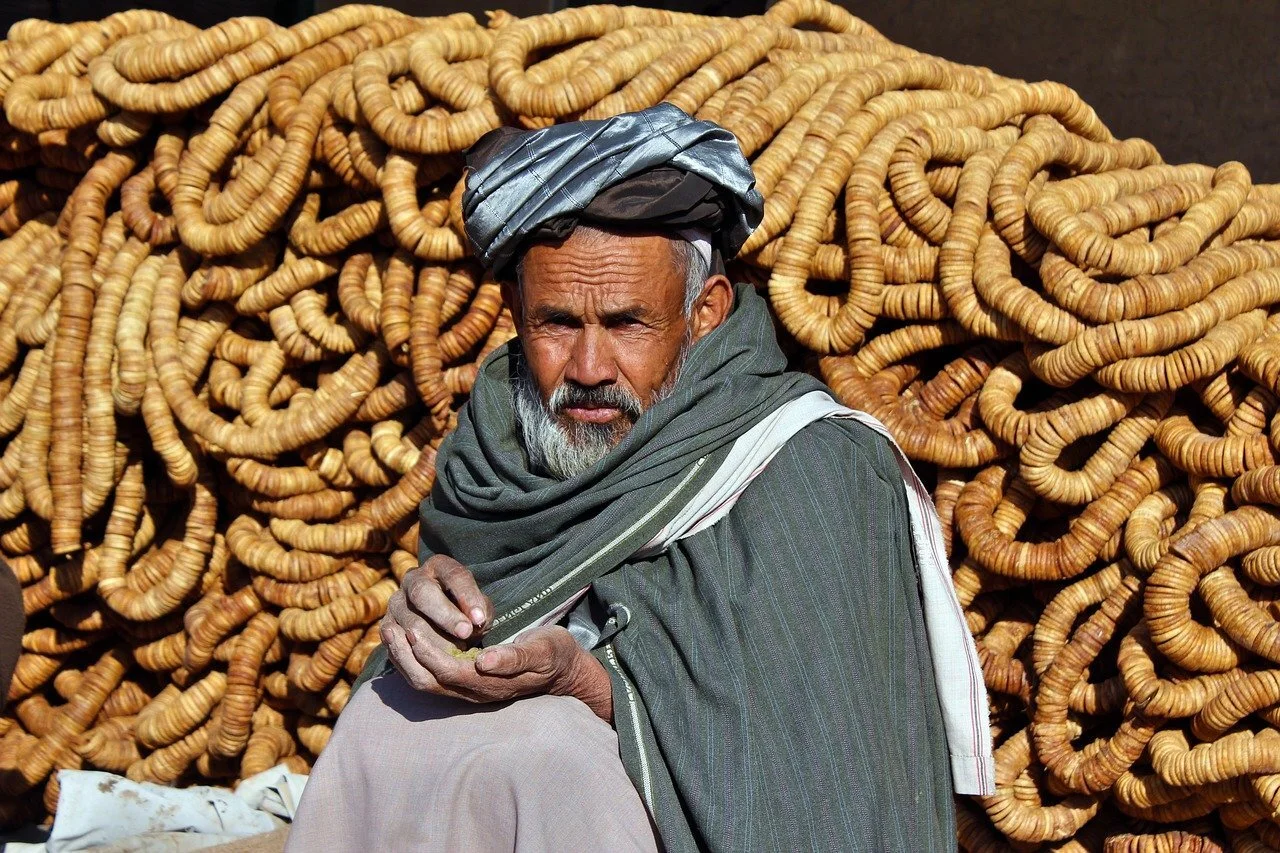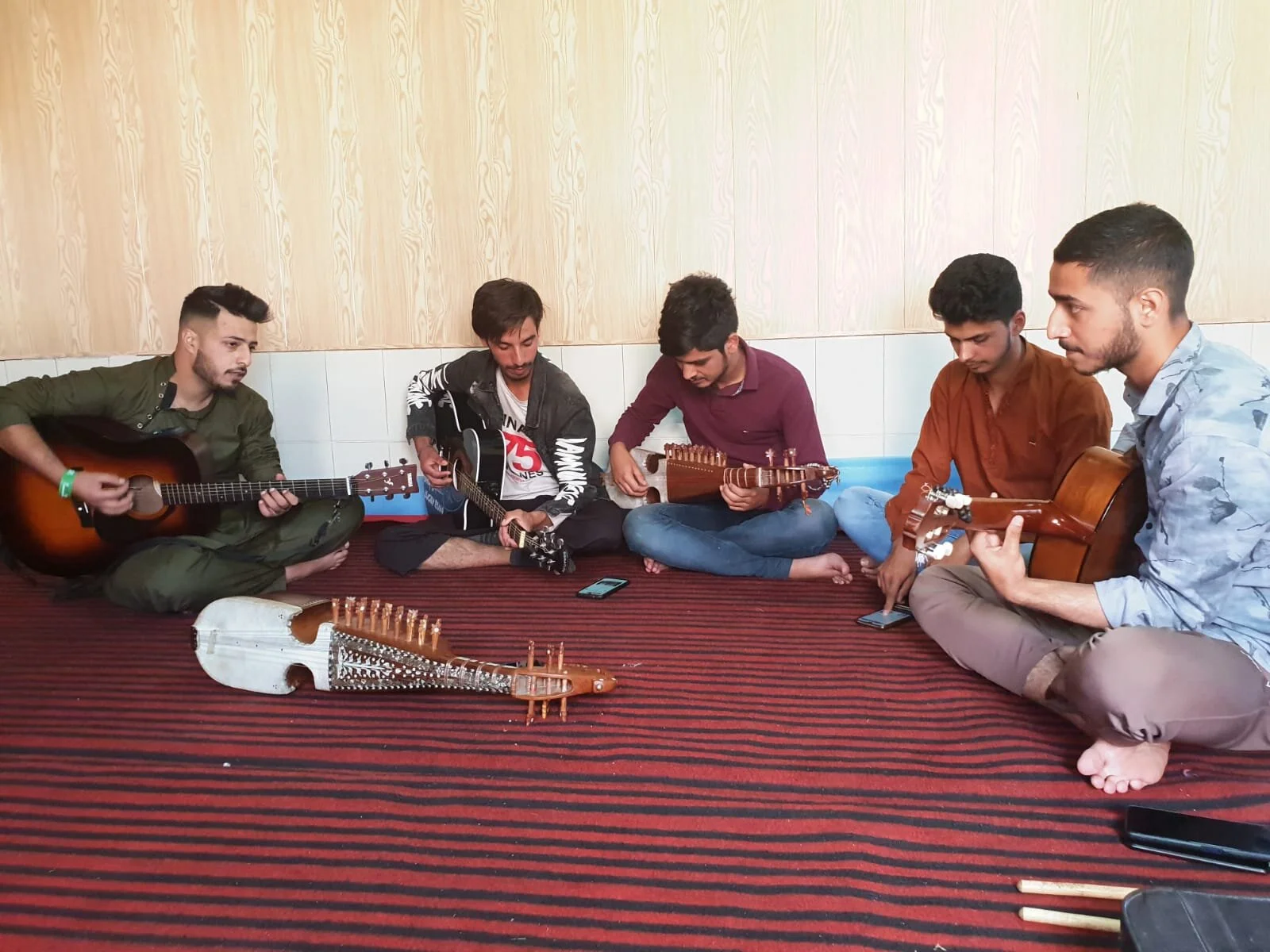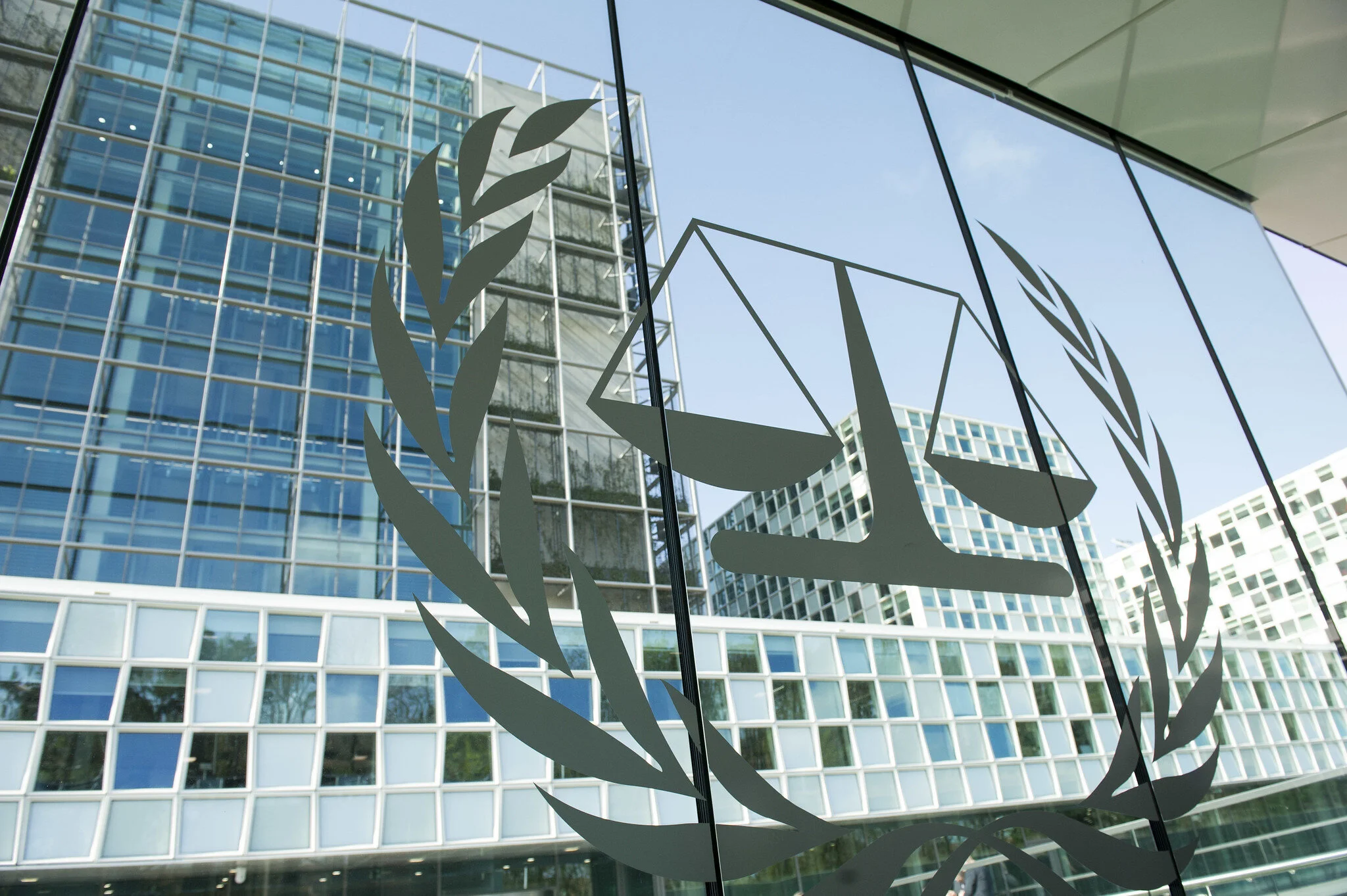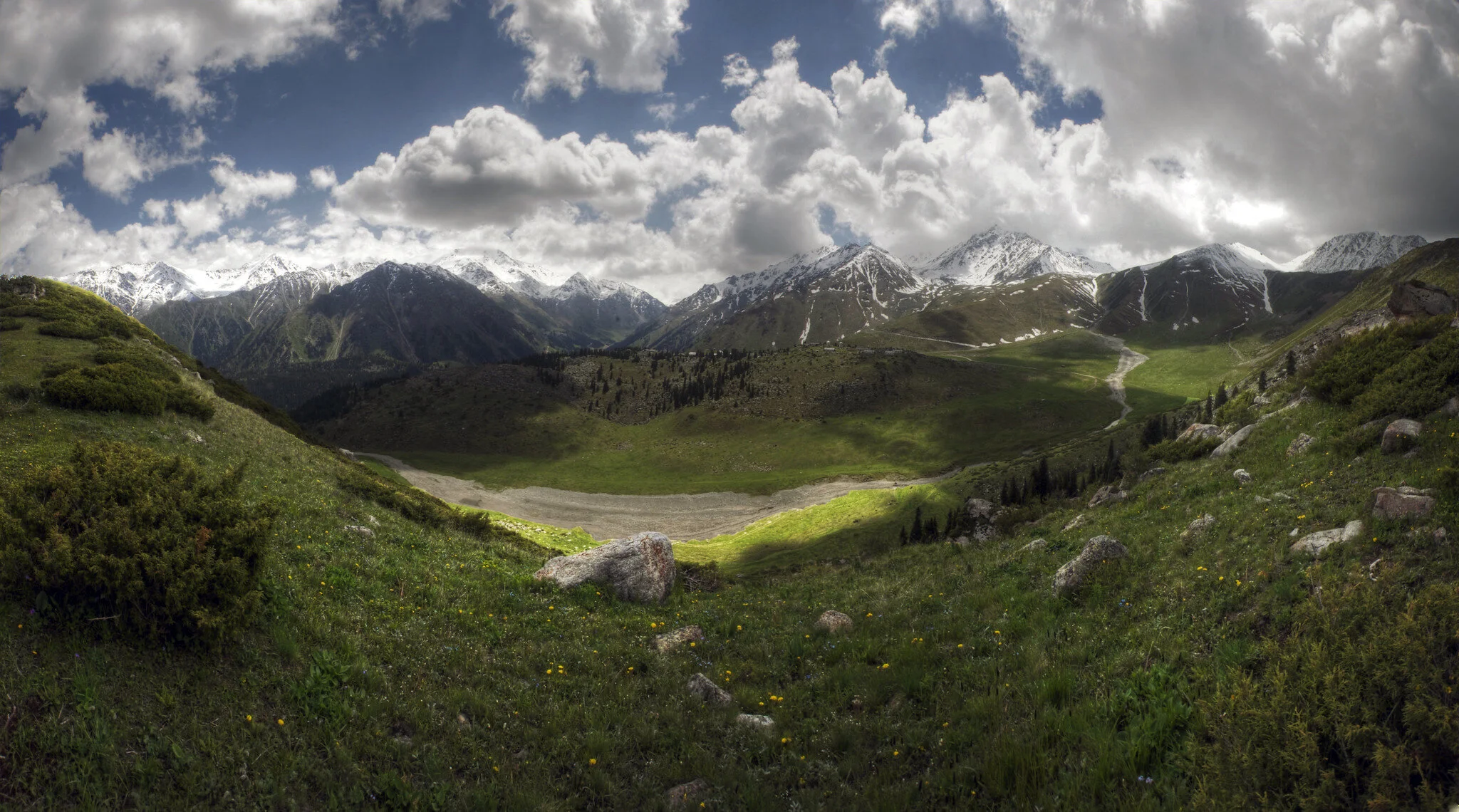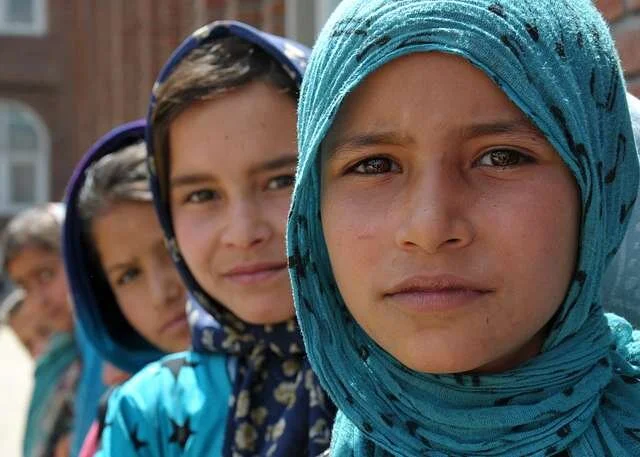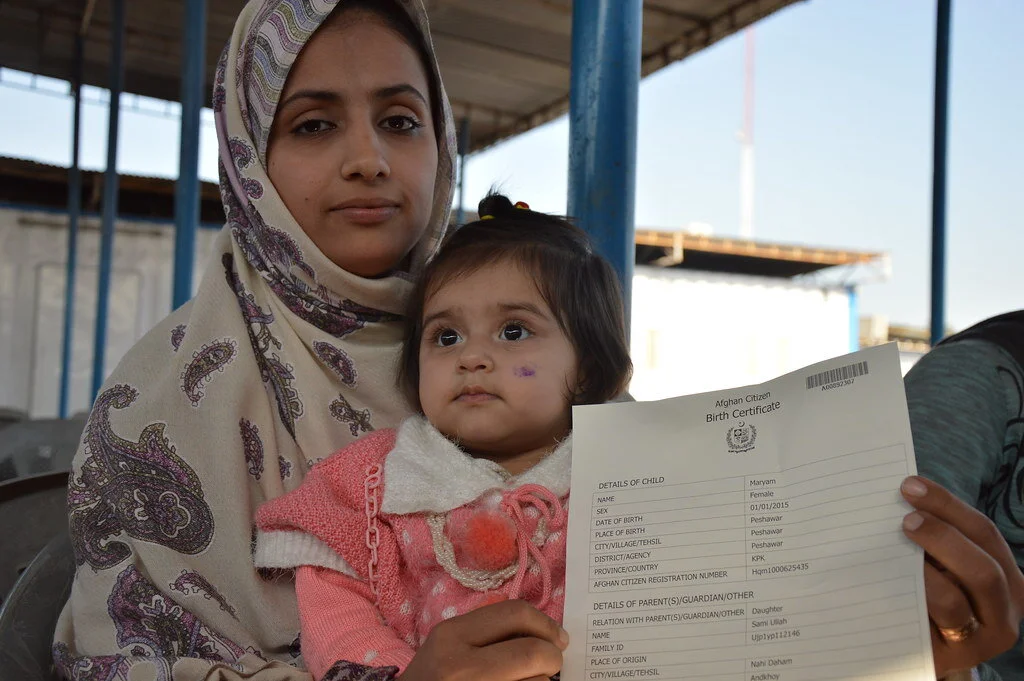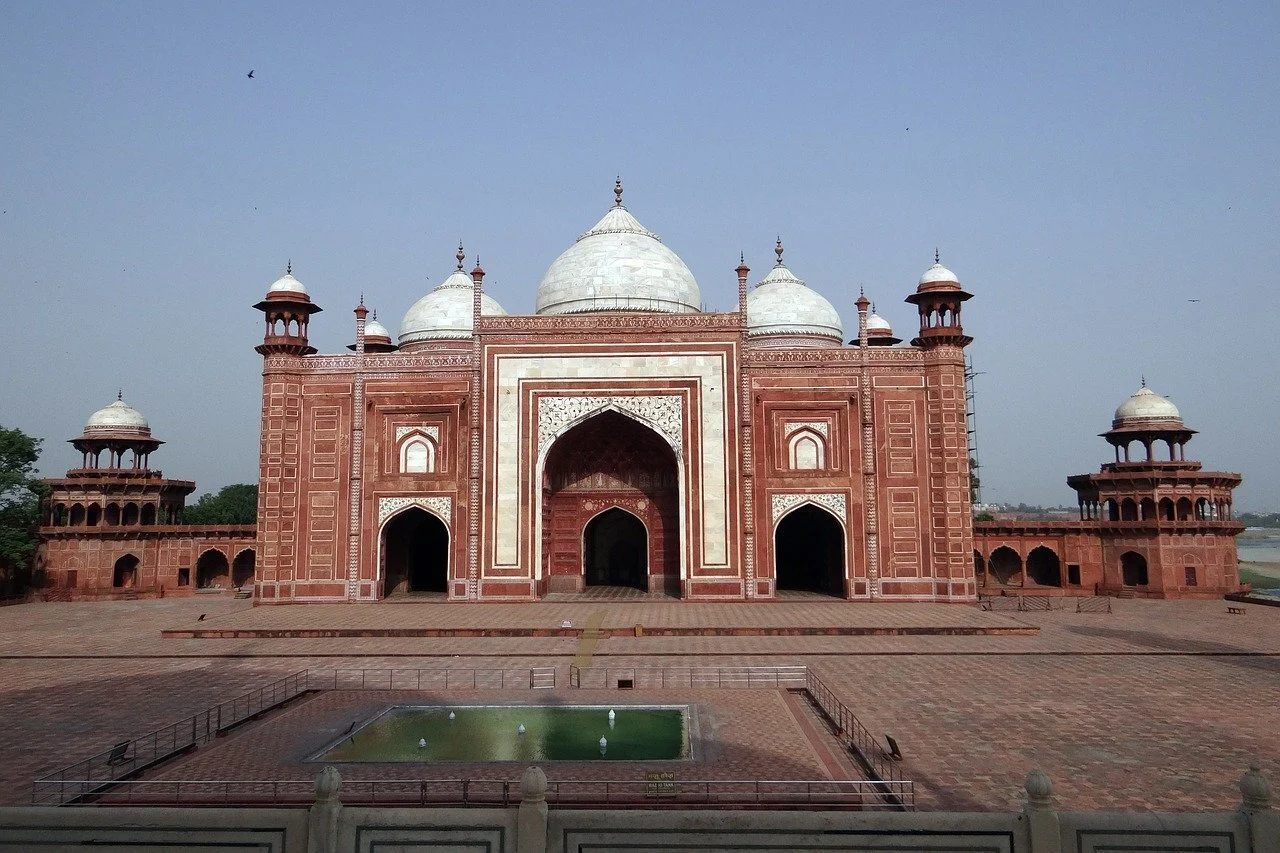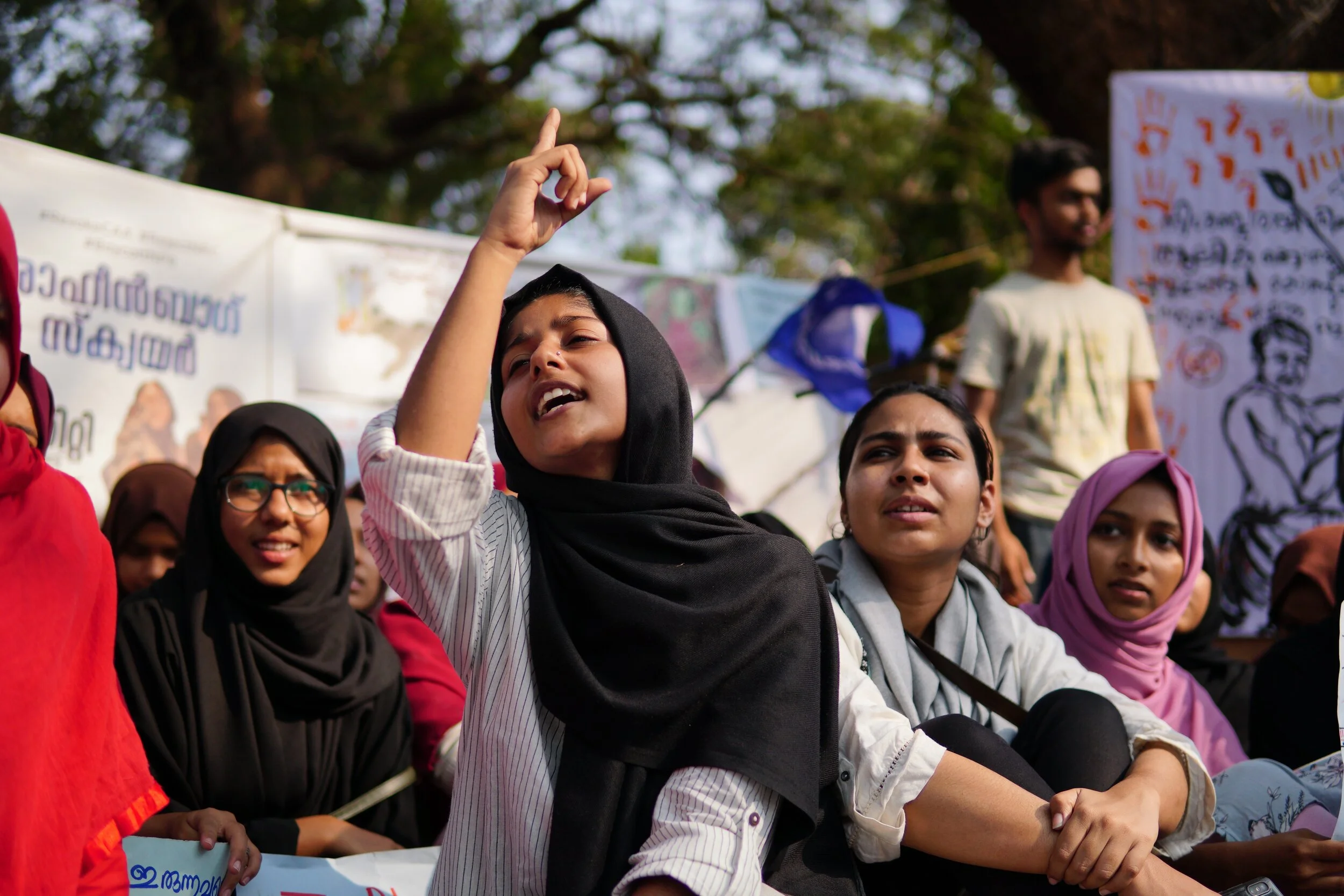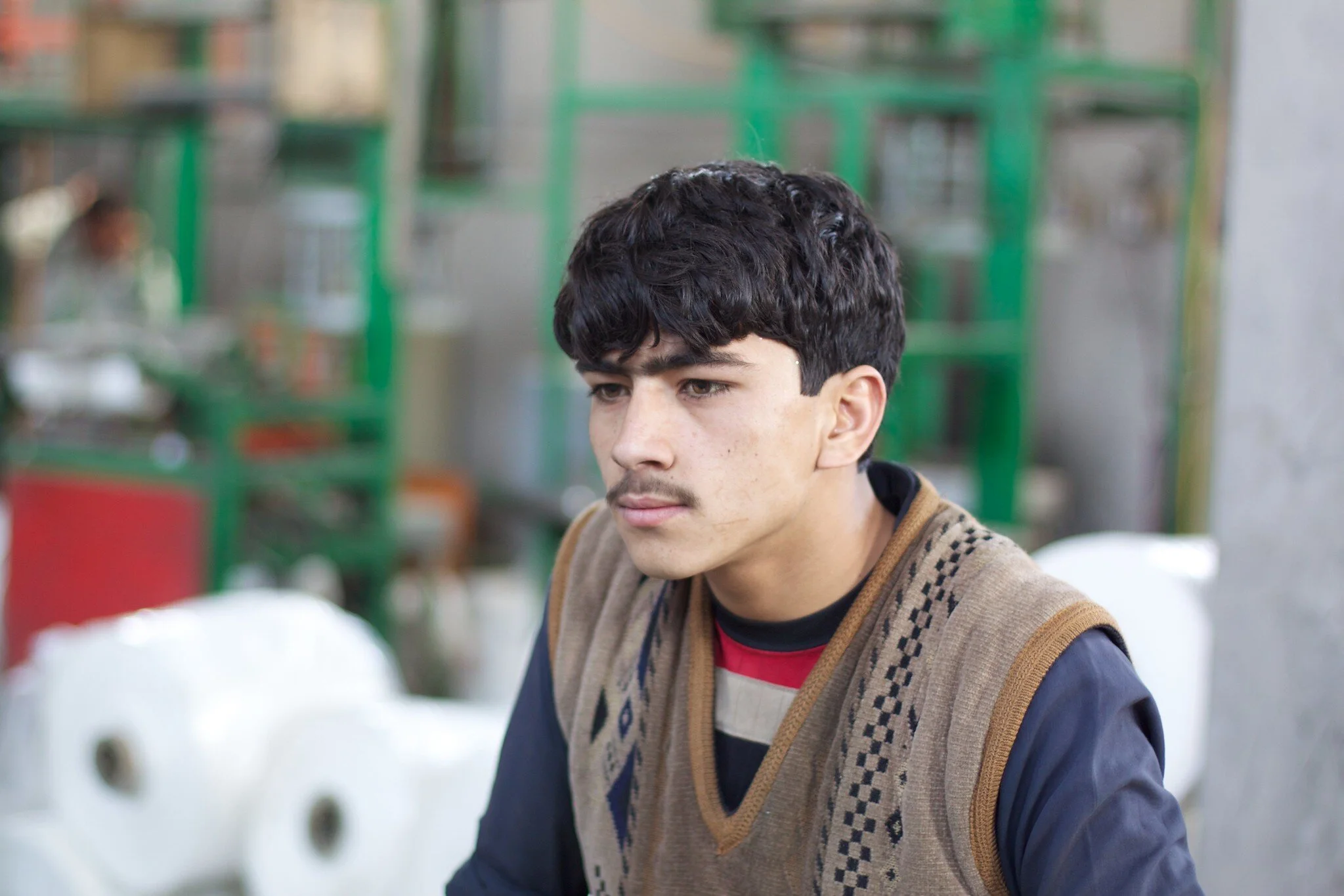In Pakistan, religious minorities, including Christians and Ahmadi Muslims, live under constant threat of blasphemy allegations. The laws prohibit making derogatory remarks against Islam, desecrating the Quran and insulting the Prophet Muhammad, which can be subjectively interpreted in courtrooms and impose fines, jail time and even death.
Read More(OPINION) The big question: Where does the Afghanistan story go next, and frankly, will elite American media cover the religion elements of this story? That question was at the heart of a recent Religion Unplugged podcast discussion.
Read MoreYoung Kashmiris are creating and performing new music as therapy to counter the sense of hopelessness, isolation and depression that has gripped their majority-Muslim Himalayan region of North India, which has endured years of conflict, military presence, frequent lockdowns and unpredictable internet bans under a Hindu-first government.
Read MorePacquiao, 42, announced his retirement from boxing on Sept. 28, weeks after announcing he will run for president in the Philippines election scheduled for May 2022. He has often spoken of his born-again evangelical faith in a country that’s nearly 90% Catholic.
Read More(ANALYSIS) As the Taliban and the Islamic State group’s Afghanistan affiliate are taking over the country, the International Criminal Court says it will investigate crimes as they happen for better monitoring and evidence collection. The move may also trigger quicker action and response from international actors after atrocities happen.
Read MoreCourts and police across Kazakhstan have fined at least 15 people and three organizations so far in 2021 for holding meetings for worship or other religious rituals without state permission. “It is not allowed to pray at any location unless it's approved,” an Aktobe police officer said.
Read More(OPINION) Religious minorities in Afghanistan — Sikhs, Hindus, Ahmadis and Christians — still need help to flee the Taliban. Pakistan, Uzbekistan and Tajikistan have intimated that they will allow these Afghans across their borders but only if their transit to other countries is confirmed, a step that the U.S. and U.K. must take quickly.
Read More(ANALYSIS) The land we now call Afghanistan has been a place of constant migration through its mountainous passes. Its linguistic, cultural and religious diversity is a result of millennia of trade along the Silk Road. Afghanistan’s fall to the Taliban means that some minorities are again at heightened risk of persecution.
Read More(OPINION) Hundreds of people who wish to leave remained in Afghanistan and now fear for their lives. Among them are generations of human rights defenders including judges, lawyers, journalists and human rights activists — those who spent years working to make Afghanistan a country that affirms and protects the human rights of all.
Read More(ANALYSIS) For the Armenian religious minority in Istanbul, a practice based on ancient tradition serves as a strategy of visibility, a cry and demand, a claim to the minority right to the city for a people scattered and decimated by genocide more than 100 years ago.
Read More(OPINION) “Why are our efforts being blocked?” The question is being raised everywhere — in daily emails, WhatsApp messages or texts from people on the ground in Afghanistan. Why are these Afghan refugees becoming “refuseniks,” those refused permission to leave?
Read MoreA state government in North India known for its Hindu-first moves is increasing its number of “anti-terrorism squads” in the wake of the Taliban’s takeover of Afghanistan. Meanwhile, a Muslim member of parliament appeared to support the Taliban on social media, sparking online harassment against Muslims.
Read MoreAfter more than two decades struggling with a post-Soviet economic recession and destabilization brought on by war and anti-terrorist operations, Georgia’s Pankisi Valley is rebuilding its reputation and attracting tourists — enough to secure a coveted spot in the world’s most popular guidebook, “Lonely Planet,” in 2020.
Read MoreA fake online auction targeted Muslim women in India with derogatory language, harassment and rape threats. Muslim women activists who endure frequent cyber bullying from Hindu nationalist online trolls say it’s far from an isolated incident in India.
Read More(OPINION) The past four U.S. administrations have talked a lot about Islamic women having equal rights and making Afghanistan a modern democratic country. But all four administrations seem to been clueless as to what gave rise to these rights.
Read MoreA displaced Kashmiri Hindu family talks to show host Harshita Rathore 30 years after fleeing anti-Hindu violence in India’s Muslim-majority Kashmir region, their ancestral home. This is the second episode in the docuseries “The Dinner Table” produced by Newsreel Asia in partnership with ReligionUnplugged.
(OPINION) Aug. 22 marks the U.N.-designated International Day Commemorating the Victims of Acts of Violence Based on Religion or Belief. While the day was established as a direct response to the atrocities perpetrated by Daesh (ISIS) against religious minorities in Syria and Iraq, similar acts of violence continue to this day globally.
Read MoreThe U.S. Conference of Catholic Bishops announced its cooperation with the U.S. government to organize and process the tens of thousands of Afghan refugees entering the country as the U.S. withdraws troops and the Taliban assumes control over Afghanistan.
Read More(OPINION) As this story unfolds, many of us are experiencing something like déjà vu. In the summer of 2014 we watched as Islamic State/ISIS rampaged across Iraq and committed genocide against Christian and Yazidi communities. Although ISIS and the Taliban have fought each other, they practice the same deadly tactics.
Read MoreAfghans in and outside the capital describe scenes of violence, deteriorating living conditions and shrinking personal freedoms amid the Taliban’s rise to power with the U.S. troop withdrawal set to complete on Aug. 31.
Read More
